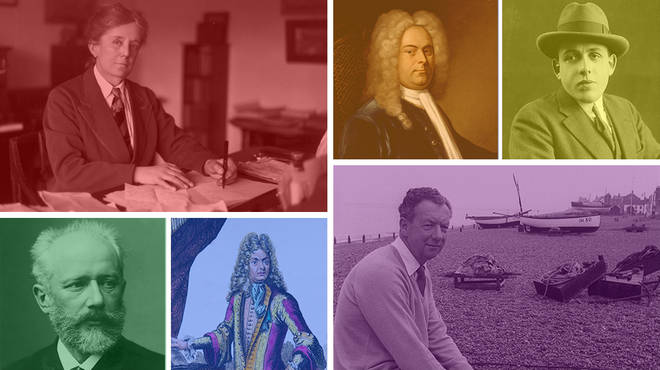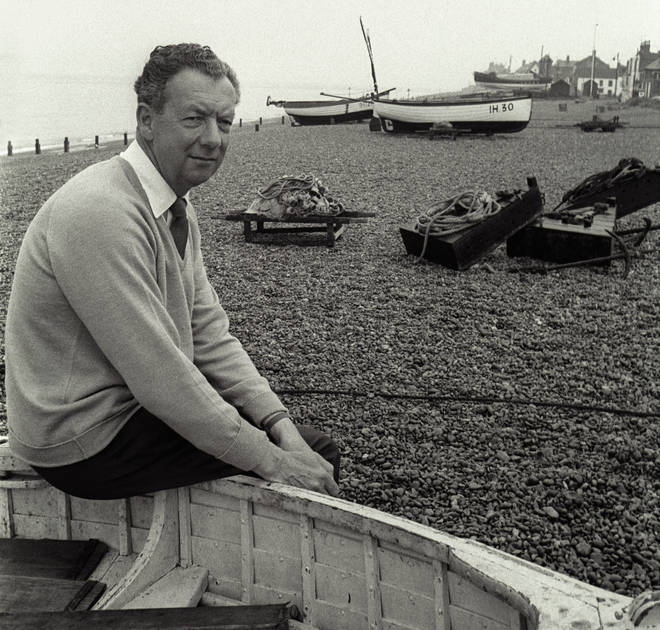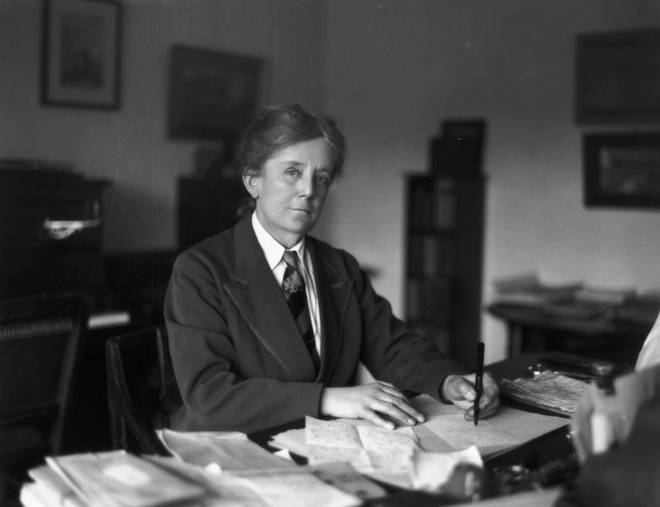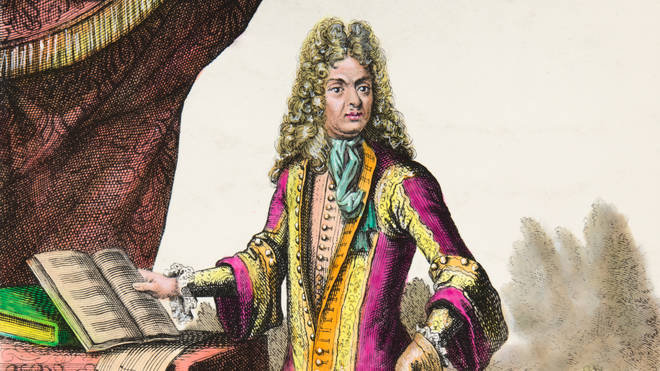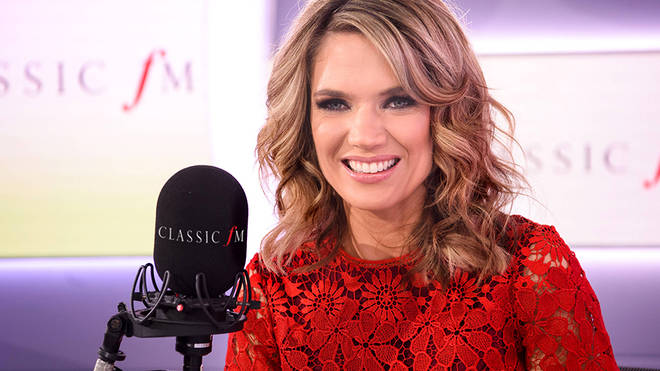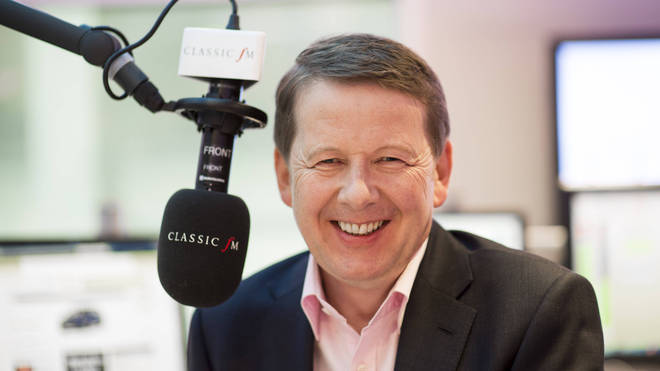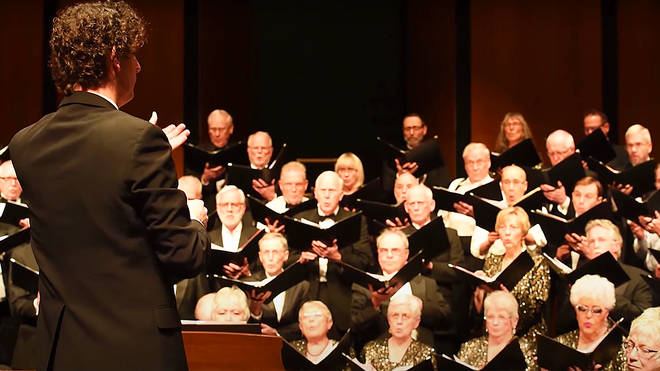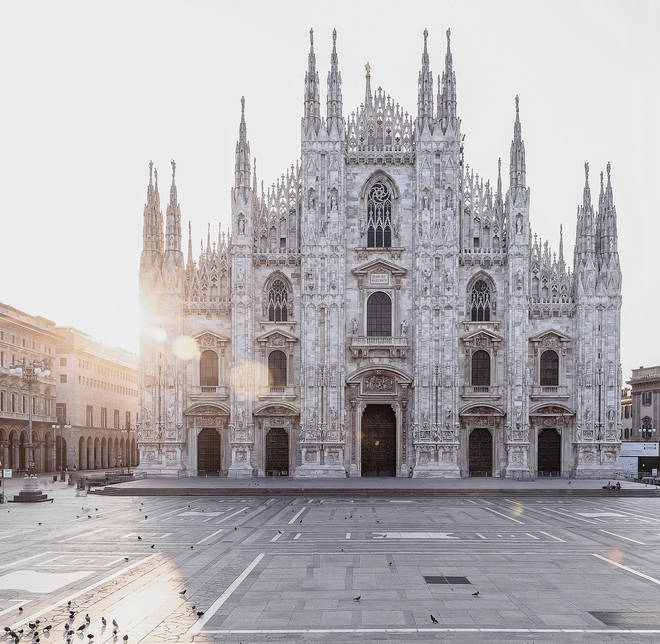From Copland to Corelli, we celebrate some of the greatest LGBTQ+ composers in classical music history.
With Pride season in full swing, we take a moment to celebrate the incredible contributions queer composers have made to the history of classical music.
Benjamin Britten (1913-1976)
is one of the finest composers of English operas, choral works, and songs, many of which he wrote for his life partner, tenor Sir Peter Pears.Britten started writing music as young as nine, when he wrote an oratorio. He studied under Frank Bridge, and Arthur Benjamin among others, and was also a fine .His ground-breaking operas, which include Peter Grimes (1945), and The Turn of the Screw (1954) – and his famous War Requiem – tackle contemporaneous issues around psychology and post-war trauma, as well his own homosexuality, which was illegal in Britten’s lifetime.Britten founded the in Suffolk with Pears and librettist Eric Crozier.Sir Benjamin Britten on Aldeburgh Beach. Picture: Getty Dame Ethel Smyth (1858-1944)
was a prolific composer and an active member of the women’s suffrage movement, and she made no secret of her relationships with women.Born in South-East London, Smyth studied at the Leipzig Conservatory and there met composers that included , , and . Her best-known works are the opera The Wreckers and her Mass in D.Her 1911 song, ‘The March of the Women’, which had lyrics by Cicely Hamilton, was dedicated to movement leader Emmeline Pankhurst – documented to have been a lover of Smyth’s – and became the official anthem of the Women’s Social and Political Union and women’s suffrage activism around the world.At the age of 71 Smyth, by all accounts, met and fell in love with Virginia Woolf (who would have been in her 40s at the time). Woolf described it as “like being caught by a giant crab”, for better or worse...Dame Ethel Smyth. Picture: Getty Francis Poulenc (1899-1963)
As well as being one of the first openly gay composers full stop, also didn’t eschew his sexuality in the context of his religious faith.His compositions spanned from intimate chamber sonatas with sublime, twisting melodies and delicate impressionist harmonies (think the 1957 Flute Sonata), to his Piano Concerto and epic one-act opera for soprano and orchestra, La voix humaine.Music scholars continue to debate whether or not the diverse range of styles in his music serve as an outward representation of an inner moral conflict in Poulenc.Pyotr Ilyich Tchaikovsky (1840-1893)
was born in Votkinsk, a small town in the Russian Empire, and began composition lessons with Anton Rubinstein in 1861. His great works include his ballets like Swan Lake, The Sleeping Beauty, and The Nutcracker, and his 1812 Overture.He had a disastrous marriage to one Antonina Miliukova in 1877 and attempted suicide. Tchaikovsky was gay at a time when it was illegal in Russia. His marriage was designed to stop people gossiping about his love life – but it turned into a source of misery and torment for both him and Miliukova.Tchaikovsky apparently fell in love with his own nephew Vladimir Davydov, a complication that was cut short by the older man’s tragic death from cholera – or another cause if are to be believed – in 1893.Listen to a rare recording of Tchaikovsky's voiceThe wax cylinder recording is from 1890George Frideric Handel (1685-1759)
’s choral and operatic compositions remain among the most influential pieces ever written – from the enduringly popular Messiah, to the operas Rinaldo and Agrippina – not to mention his fine orchestral, chamber and instrumental works.The great composer was born in Halle, Germany, and studied music from a young age. He moved to England as an established composer, after English audiences particularly took to his 1711 opera Rinaldo.He was believed to have been gay, moving in circles in Italy and London where same-sex desire was accepted. Music historian Ellen Harris leads on the case for Handel’s homosexuality, arguing that his cantatas exhibit a clear homosexual subtext in her book .Zadok the Priest – HandelThe Royal Liverpool Philharmonic Orchestra and Choir perform at Classic FM's 25th birthday concertJean-Baptiste Lully (1632-1687)
The operatic composer and violinist Jean-Baptiste Lully worked in the court of King Louis XIV and was an ambitious figure in court and operatic music, dominating French opera in the 17th century.As well as being known for rising up influential ranks impressively quickly, Lully is thought to have had quite the colourful private life, embarking on affairs with both men and women – to the extent it got him in hot water with the King.Lully died relatively young, succumbing to a fatal infection in a wound on his foot, inflicted by .Jean-Baptiste Lully. Picture: Getty Arcangelo Corelli (1653-1713)
was a contemporary of both Lully and (see above), moving in the same sexually-fluid circles as them. And like them, he was associated with gay clergyman, Cardinal Pietro Ottoboni.The composer and is known for his chamber sonatas and concerti grossi, and has gone down in history for refusing to play a section of Handel’s oratorio, The Triumph Of Time And Truth, because a violin note went higher than Corelli believed appropriate for the instrument.Corelli: Christmas Concerto, from The Swingle SiFrederick the Great (1712-1786)
King Frederick II of Prussia once wrote “Fortune has it in for me; she is a woman, and I am not that way inclined” following a particularly bitter defeat in battle.History has documented the King as having an early affair with Peter Karl Christoph von Keith, a page boy of his father Frederick William I’s, as well as Lieutenant of the Prussian Army, Hans Hermann von Katte, whom Frederick William had killed in response to these revelations about his son.Frederick the Great composed several concertos and sonatas, and was also a flautist who studied with Johann Joachim Quantz.Aaron Copland (1900-1990)
New York-born composer, , was one of the many renowned composition students of Paris Conservatoire’s Nadia Boulanger, whose roster of composition, performance and conducting students pretty much dominated 20th century music – from , and Quincy Jones, to and .Copland, whose best-known works include Appalachian Spring and Fanfare for the Common Man, was a famously private man, but unearthed letters between him and artist Prentiss Taylor indicate an intimate relationship. Copland also didn’t hide the fact he lived and travelled with other men, including photographer Victor Kraft and artist Alvin Ross.10-year-old Peter Leung plays Aaron Copland's 'The Cat and the Mouse'The child prodigy performed at the Oxford Piano FestivalSamuel Barber (1910-1981)
Unlike Copland, US composer made no effort to keep his homosexuality out of explicit view and his life partner was composer Gian Carlo Menotti, who he studied with at the Curtis Institute.Barber won the Pulitzer Prize for Music twice – in 1958 for his opera Vanessa, and again in 1963 for his Piano Concerto.His Adagio for Strings was one of the first works by an American composer to be championed by the indomitable , and featured famously in Oliver Stone’s 1987 film, Platoon.ThatCelloGuy performs Samuel Barber's 'Adagio for Strings'Gian Carlo Menotti (1911-2007)
Not as much of a household name as his life partner Samuel Barber (see above), Italian composer Gian Carlo Menotti was no less lauded for his works. He was also a Pulitzer Prize-winner, having earned the accolade for his operas The Consul and The Saint of Bleecker Street.He founded the in the US in 1958, and 10 years later expanded it to the Melbourne Spoleto Festival, now known as the .Leonard Bernstein (1918-1990)
also studied at the Curtis Institute with and Menotti (see above), and although he had an on-again-off-again relationship with actor Felicia Cohn Montealegre and eventually married her, he was openly gay.Montealegre herself wrote publicly about it in her book, The Bernstein Letters, “you are a homosexual and may never change – you don’t admit to the possibility of a double life, but if your peace of mind, your health, your whole nervous system depend on a certain sexual pattern what can you do?”.And Bernstein’s collaborator Arthur Laurents is known to have called Bernstein “a gay man who got married”, stating, “He wasn't conflicted about it at all. He was just gay.”West Side Story (1961) – Official TrailerCredit: United Artists/The Mirisch Company Seven Arts ProductionsFranz Schubert (1797-1828)
In his short life – he died even younger than , at just 31 – the great composer composed 600 Lieder (songs), nine symphonies and numerous other large and smaller-scale works.In 1989, music historian Maynard Solomon suggested (controversially at the time), that Schubert’s song lyrics carry the evidence that Schubert was romantically attracted to men – something that has been hotly contested, including by historian Rita Steblin who believes Schubert was “chasing men”. Others have picked up on the former theory more recently, but it seems the Jury is still out.John Cage (1912-1992)
– who famously “wrote” 4 minutes and 33 seconds of silence to explore concert hall ambience and what music actually means – married artist Xenia Andreyevna Kashevaroff, the daughter of a Russian priest, in 1935.But before that, Cage had had an ongoing relationship with Don Sample, as well as an affair with the wife of architect Rudolf Schindler, Pauline Gibling – so his sexuality was clearly fluid.- (C) 2020 by ClassicFM London
